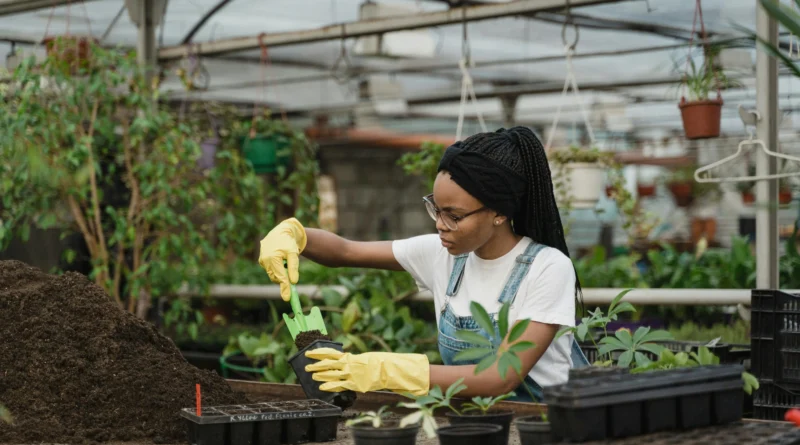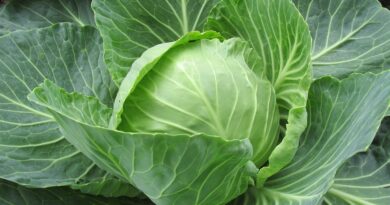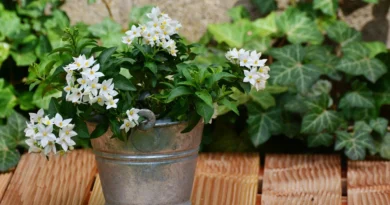The Ultimate Guide to soil preparation Techniques
Table of Contents
ToggleWelcome to the world of gardening, where the magic begins beneath the surface—your soil. In this comprehensive guide, we will delve into the art and science of soil preparation, unlocking the secrets that will transform your garden into a thriving oasis.
Soil Preparation: The Foundation of Gardening Success
Before you sow the seeds of your gardening dreams, it’s crucial to understand the significance of soil preparation. Your soil is not just dirt; it’s a living ecosystem that can make or break the success of your plants.
Why Soil Preparation Matters
Soil preparation sets the stage for a healthy, productive garden. It’s the process of enhancing the soil’s structure, fertility, and overall health to create an ideal environment for plant growth.
Now, let’s explore the key techniques that will elevate your soil preparation game and lead to a garden bursting with life.
Understanding Your Soil: The First Step
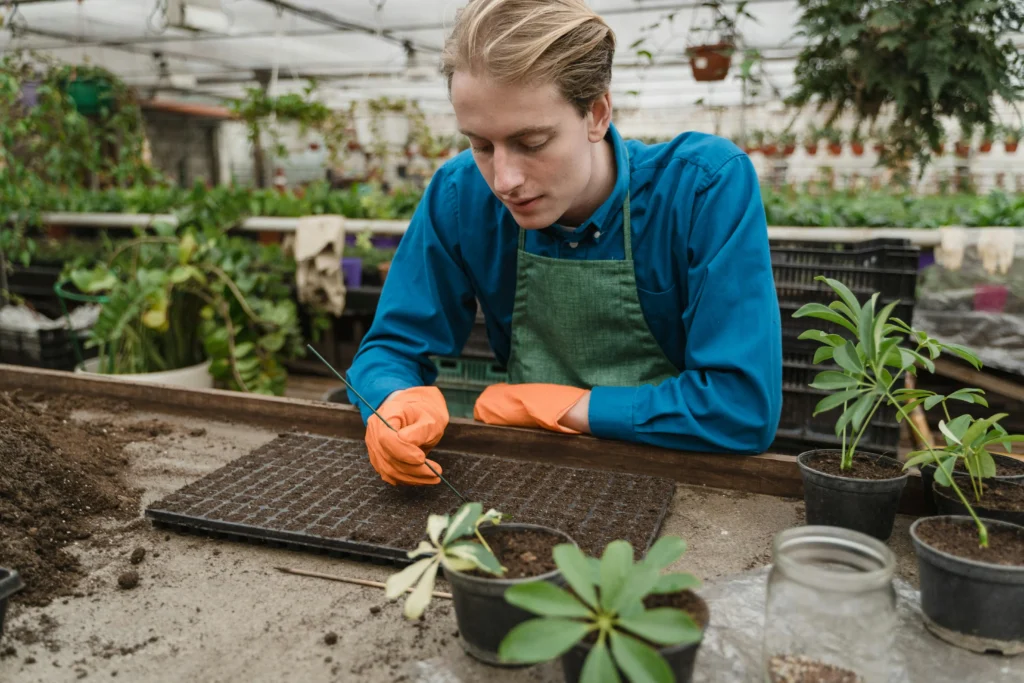
Effective soil preparation begins with a deep understanding of your soil’s composition. Conduct a soil test to analyze its texture, pH levels, and nutrient content. This valuable information will guide you in making informed decisions for amendments.
The Power of Soil Testing
Soil testing empowers you to tailor your soil preparation efforts to the specific needs of your plants. It’s the roadmap that ensures you provide the right nutrients in the right amounts, creating a foundation for robust plant growth.
Investing time in soil testing is a small effort that yields tremendous results. You wouldn’t build a house without a solid foundation—think of your soil as the foundation for your garden’s success.
Enriching Your Soil with Organic Matter
Now that you know your soil’s baseline, it’s time to enrich it with organic matter. Composting is a powerful and sustainable way to achieve this. Compost, often referred to as ‘black gold,’ is a nutrient-rich, humus-like material that works wonders for your soil.
The Magic of Compost
Compost improves soil structure, enhances water retention, and promotes beneficial microbial activity. It acts as a natural fertilizer, providing a slow release of nutrients to plants. By adding compost, you’re not just feeding your plants; you’re nourishing the entire soil ecosystem.
Power Word Alert: Transform your soil into a fertile haven with the magic of compost!
Mulching: The Secret Weapon
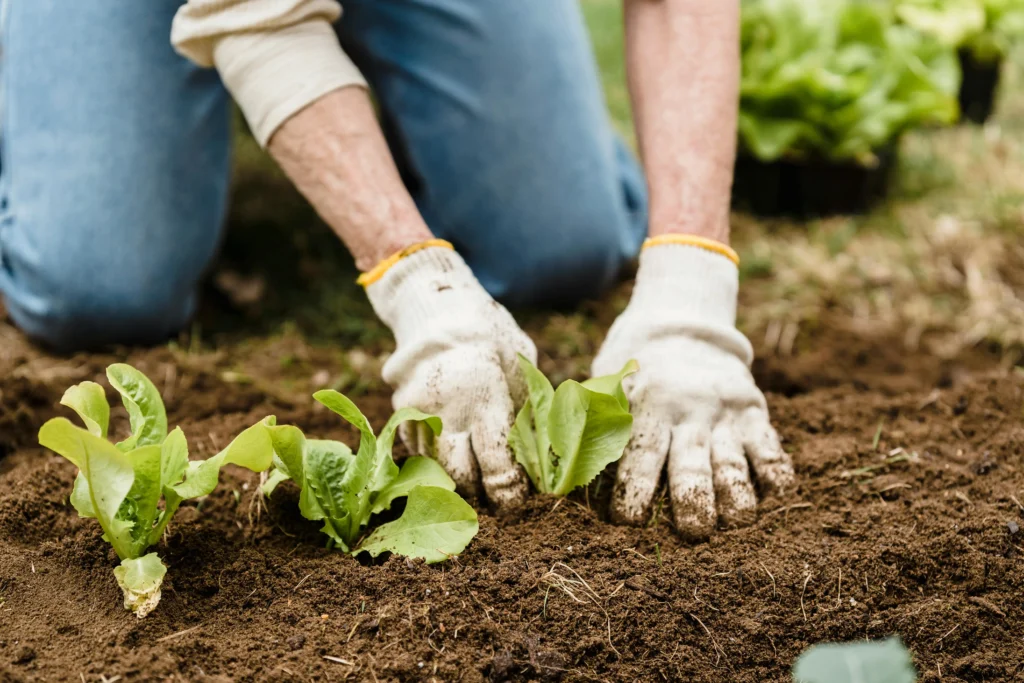
Once your soil is enriched, protect it with the magic touch of mulch. Mulching is like giving your soil a cozy blanket—it conserves moisture, suppresses weeds, and regulates soil temperature.
Choosing the Right Mulch
Opt for organic mulches like straw, bark, or shredded leaves. These materials not only perform their protective duties but also break down over time, further contributing to the organic content of your soil.
Remember, a well-mulched garden is a happy garden. It’s a simple yet effective technique that pays off in lush, healthy plants.
Conclusion
Congratulations! You’ve now unlocked the ultimate guide to soil preparation techniques. By understanding your soil, embracing organic matter through composting, and employing the magic of mulch, you’ve set the stage for a garden that will dazzle and delight.
As you embark on your gardening journey, remember that soil preparation is an ongoing process. Stay attuned to your soil’s needs, and your garden will reward you with the beauty and bounty you’ve always dreamed of.
Now, go forth and cultivate your garden paradise!
Frequently Asked Questions
Q1: How often should I conduct a soil test?
A1: It’s recommended to perform a soil test at least once a year, especially before the growing season, to assess any changes in nutrient levels and pH.
Q2: Can I use too much compost?
A2: While compost is fantastic for soil health, excessive amounts can lead to nutrient imbalances. Follow recommended guidelines based on your soil test results.
Q3: Is mulching necessary in hot climates?
A3: Absolutely! Mulching is beneficial in all climates, providing insulation against extreme temperatures and conserving precious moisture, even in hot environments.
Q4: Can I use grass clippings as mulch?
A4: Yes, grass clippings make excellent mulch. Ensure they are dry and applied in thin layers to prevent matting and allow for proper air circulation.

